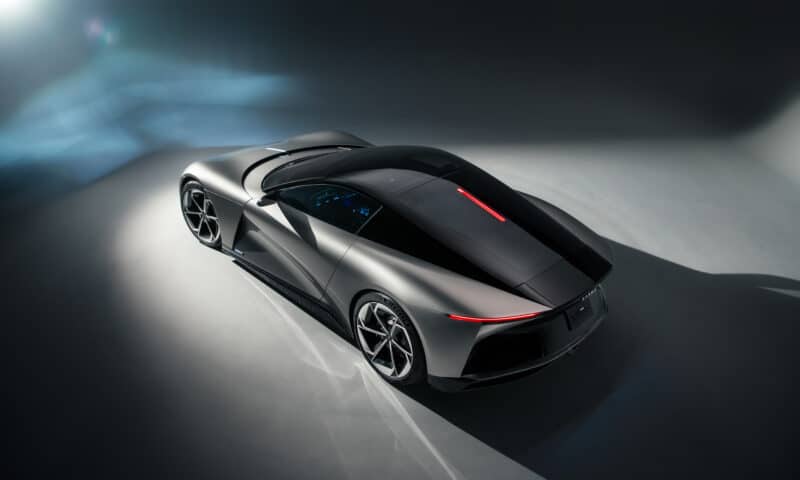
The stakes are high. According to the National Institutes of Health, every minute of delay in emergency medical response increases the odds of fatality by 2.6%. Karma’s groundbreaking system integrates real-time transmission of critical data—such as occupant biometrics, crash severity, and vehicle location—directly to emergency communication centers, bypassing traditional delays associated with telematics-based systems.
A Paradigm Shift in Automotive and Emergency Collaboration
At CES 2025, Karma will join COVESA’s Networking Reception at the Bellagio Hotel, unveiling its ultra-exclusive 2025 Karma Invictus. The vehicle is underpinned by the Karma Cloud Services platform, which powers the proposed safety system. Marques McCammon, Karma’s president, stressed the importance of collaboration and standardization:
“Safety should transcend competition. By creating open standards for technologies like these, we can save lives, lower development costs, and speed innovation across the industry,” McCammon said.
ROADMEDIC.AI CEO Lawrence E. Williams, a driving force behind the collaboration, described the project as a long-awaited milestone. “Thanks to Karma’s shared vision, we are on the brink of revolutionizing emergency response systems and saving countless lives,” he said.
Accelerating a Safer Future
Karma’s initiative will use 3rd Generation Karma Revero sport sedans to pilot the technology in real-world scenarios. Results will be shared with stakeholders, including the National Highway Traffic Safety Administration (NHTSA), to ensure scalability and widespread adoption.
Unlike existing systems that rely on caller-based information or indirect telematics, Karma’s system directly transmits multi-layered crash data to 9-1-1 centers, saving precious seconds. By integrating AI and cloud-based systems, this technology empowers responders with tailored, actionable information, significantly enhancing on-site preparedness.
Expanding the Legacy
Karma Automotive is no stranger to innovation. Known for its luxury EREV (Extended Range Electric Vehicle) portfolio, the California-based automaker continues to push boundaries. Upcoming models, like the 2026 Karma Kaveya super-coupe, will incorporate SDVA, developed with Intel Automotive, showcasing how the company’s forward-thinking philosophy is reshaping not only luxury but safety on the road.
Karma’s commitment to open standards and industry collaboration underscores its position as a leader in the next generation of automotive innovation. By bridging the gap between vehicles and emergency services, Karma Automotive is setting a new standard for safety, sustainability, and connectivity.